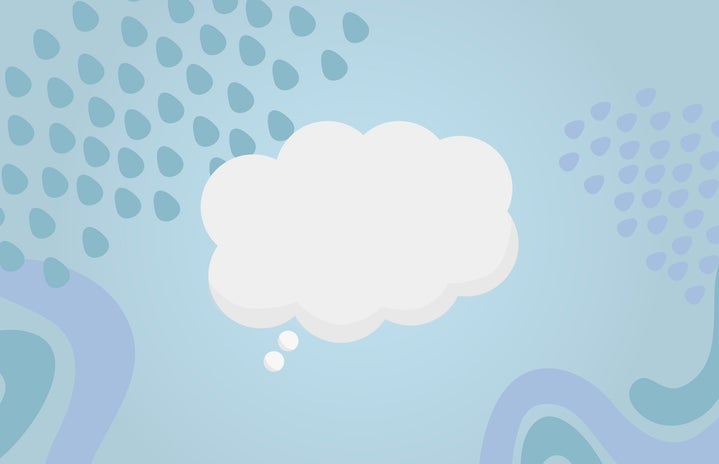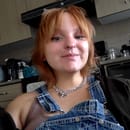Growing up in a liberal household surrounded by like-minded people was a fruitful experience for me. From a young age, I had a voice in family discussions and more often than not, my family agreed with me. At school, my friends’ beliefs always lined up with mine. It was because of this that I was naively optimistic about the world. Buzzfeed articles made it seem that all millennials and gen-z’s were just like me. It wasn’t until I was around 18 years old that the world seemingly crashed down on me when I realized that the world won’t change by itself, it takes hard work and dedication.
My only real experience with differing political opinions before moving out of my hometown was in a politics class. We had a few boys who were openly supportive of Trump, which was alarming for me since I’m Canadian and everyone I’d ever spoken to about him has shown open disgust. This was just the beginning of an eye-opening realization though. After moving to Toronto, enrolling in a journalism program and consuming news from more than CNN, Buzzfeed and The New York Times I had to uncomfortably face different, sometimes oppressive opinions and just accept that I couldn’t change their minds.
Fellow journalism student at Ryerson, Mariyah Salhia spoke about this experience of having to confront unfamiliar ideologies and the pain that they can evoke.
“I was in 11th or 12th grade when I was exposed to very right-wing media that was so different from anything I’d ever known. It was kind of scary for me, you know, as a racialized person to see that there is a growing group of people that feel that people like me don’t deserve a place here,” said Salhia.
She describes then growing up and reading different types of news, some that told “blatant lies” and were being taken as absolute fact.
For me personally, I went through this experience after becoming more active on social media. With Donald Trump’s presidency came an entirely new group of people online sharing their opinions, accompanied by a slew of fake news flooding websites like Facebook and Reddit without any fact-checking or regulation. Reading through Facebook comment sections on articles that I enjoyed often came as a shock to me as I would see homophobic, racist and misogynistic opinions flooding the conversation.
This became even more serious this past summer. Working to be a better ally to the Black community I spent a lot of time reading news articles, research reports and watching documentaries to best inform myself on systemic racism. I would often share articles on Facebook where I would see distant family members and friends of my parents disagreeing with me or posting equally hateful articles for every positive one I read.
With these kinds of conversations come the question of objectivity or the ability to see both sides of the story. My thoughts on this and I think the thoughts of a lot of people around me is that politics only go so far. I don’t think human rights are something someone should have a “yes or no” opinion on.
“I’ve never been conditioned to think that’s an opinion. There are some things that when I hear are considered as an opinion, it doesn’t make sense. Like when I hear marriage equality is an opinion that doesn’t make sense or universal healthcare, When I hear that is a radical opinion to some people it really doesn’t make sense to me because that’s the most basic of human rights,” said Salhia.
These opinions can be hard to face, even if they aren’t surrounding your community. Salhia describes that especially as a journalism student, these news stories and oppressive opinions can be extremely hard to digest when you are simply in search of the truth.
“I can’t tell if it’s had an impact on my mental health because it’s kind of just a constant thing and I don’t know if it makes sense to say that because it’s not happening to me, I’m not the one being beaten in those photos. There are so many things that don’t apply to me but having to see so much of it all at once is really difficult,” said Salhia.
In the end though, coming face-to-face with differing opinions is a vital part of creating change, and if there’s anything that I’ve learned from being a journalist is that you cannot understand your opponent without reading their news. While it may be uncomfortable, recognizing other opinions is a necessary step toward taking a movement further. I will always disagree with the opinions of the right and often I will not be willing to debate issues of human rights. It is important to realize that not being ignorant to the other side of the internet and being aware that these people exist is the first move toward being able to make a change.
I remember something that my dad would always tell me growing up, he would say that nothing in politics will change without some sort of revolution or anarchy. Look at the civil rights movement or the suffragettes. The importance of knowledge is undeniable, we don’t have to tolerate or sympathize with these opinions but simply know that they are there. Being oblivious to opposing ideologies won’t bring us any step closer to justice and equality but education and action will.



